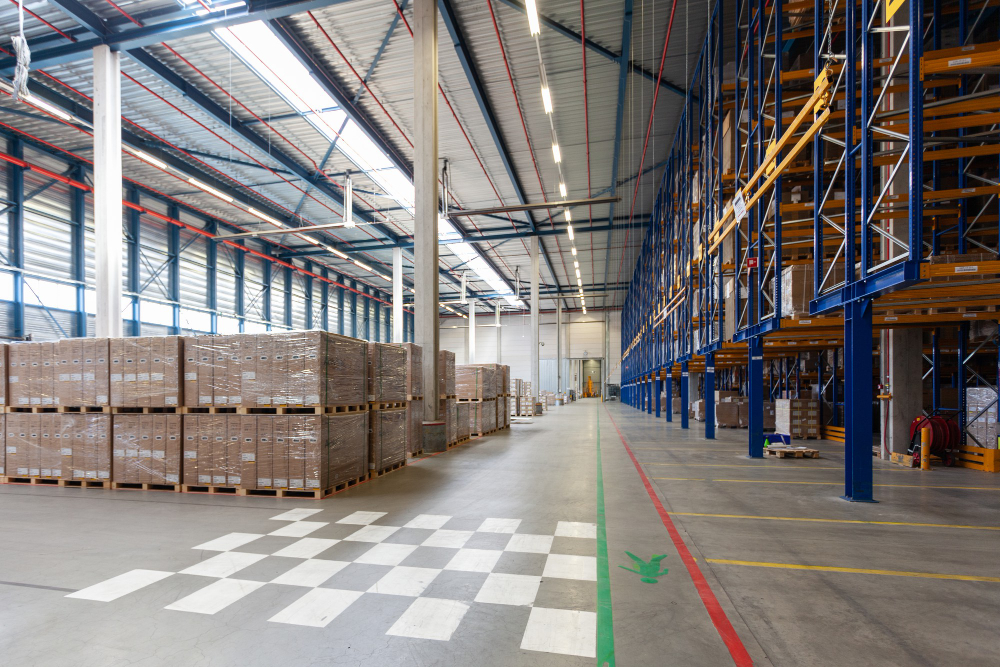The importance of protective coating while flooring is evident for maintaining and enhancing the durability, appearance, and safety of different types of floors. These coatings act as a shield, providing resistance against wear, chemicals, moisture, and other damaging factors. Below are some of the famous types of protective coating commonly used around the world for flooring.
However, before getting on with it, we need to understand that selecting the right type of coating for flooring depends on factors such as floor material, the intended use of the space, maintenance requirements, and aesthetic preferences. Properly applied protective coatings can significantly extend the lifespan of flooring surfaces and enhance their performance.
The types of coatings that help protect the floors
Epoxy coatings:
Epoxy coatings are popular among those who are looking for protective coating in commercial and industrial settings. These areas usually have concrete floors that make epoxy coatings, a perfect choice for a coating. The reason for this, is the fact that these coatings are made by mixing epoxy resin and a hardening agent, which chemically reacts to create a tough and glossy surface. Also, check for Warehouse Flooring Solutions.
Epoxy coatings are exceptionally durable, offering resistance to chemicals, abrasion, and impacts. They create seamless and easy-to-clean surfaces. Making them ideal protective coating for spaces like warehouses, garages, and manufacturing facilities.
Polyurethane coatings:
Polyurethane coatings are known for their flexibility and excellent resistance to UV rays and moisture. They are often applied over epoxy coatings to provide an additional layer of protective coating. Polyurethane coatings enhance the aesthetic appeal of floors with a glossy finish.
They are resistant to chemicals, abrasion, and harsh weather conditions, making them suitable for both indoor and outdoor use. However, they’re slightly different from epoxy coatings because these coatings are softer and relatively elastic. This feature alone makes polyurethane coatings perfect for areas with pedestrian traffic of any kind. There are many reasons why polyurethane floor coatings are favored by many as their ideal option for protective coating. One of which, is the curing time of polyurethane coatings.
Anti-Slip coatings:
Anti-slip coatings are specialized coatings designed to improve traction and reduce the risk of slips and falls, especially in wet or high-traffic areas. Anti-slip coatings add texture to the floor, which makes it easy to walk on them, especially when they’re wet. Their protective nature makes these coatings the best for certain laboratories, factories, or similar areas that are usually prone to accidents.
Areas such as commercial kitchens, restaurants, public restrooms, and swimming pool decks also benefit from the advantages of anti-slip coatings.
Vinyl and Linoleum coatings:
Vinyl and Linoleum floor coatings have their own advantages. For instance, if you use them as a protective coating, you’ll get a water-resistant surface that is easy to clean as well as low-cost. This is one of the many reasons why many people are drawn to using these coatings for their floors. These coatings also offer resistance to scuffs, stains, and wear. Thus, prolonging the life of the floor material. These coatings can often be seen in healthcare facilities, schools, retail stores, and office spaces.
Getting the best coating solution for yourself
If you’re looking for protective coating solutions that are unmatched in every way possible, you need the association of such an expert that has the experience of offering the finest solution in this context. And so, hiring Smart Flooring is the best step that you can take. Not only because they’re the leaders in this industry who offer innovative and durable flooring solutions, but also because they, with their products, keep on redefining the industry for good. So don’t wait and hire their services today!

